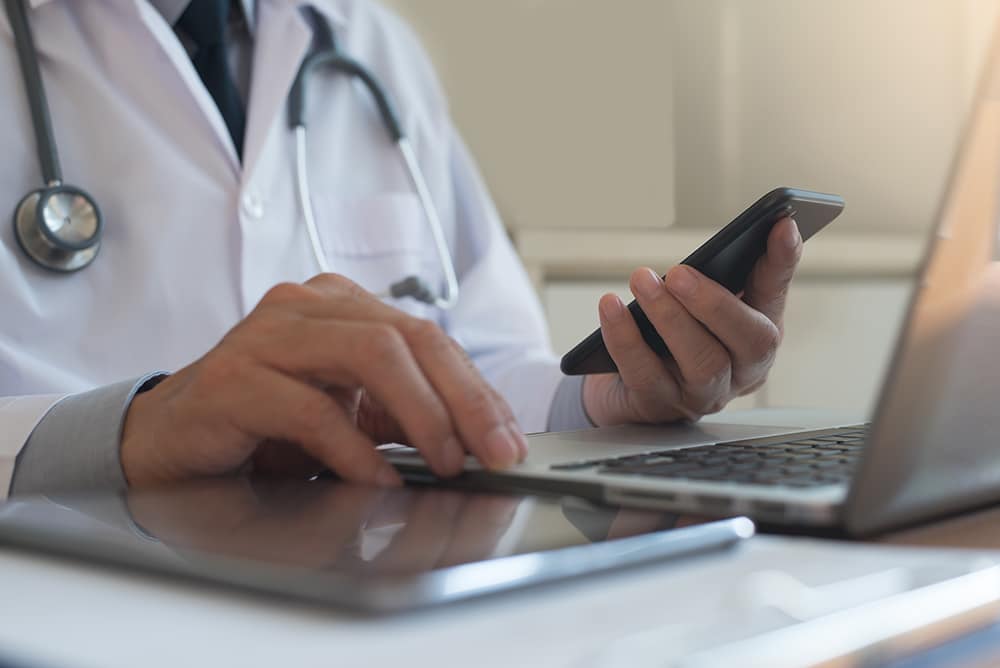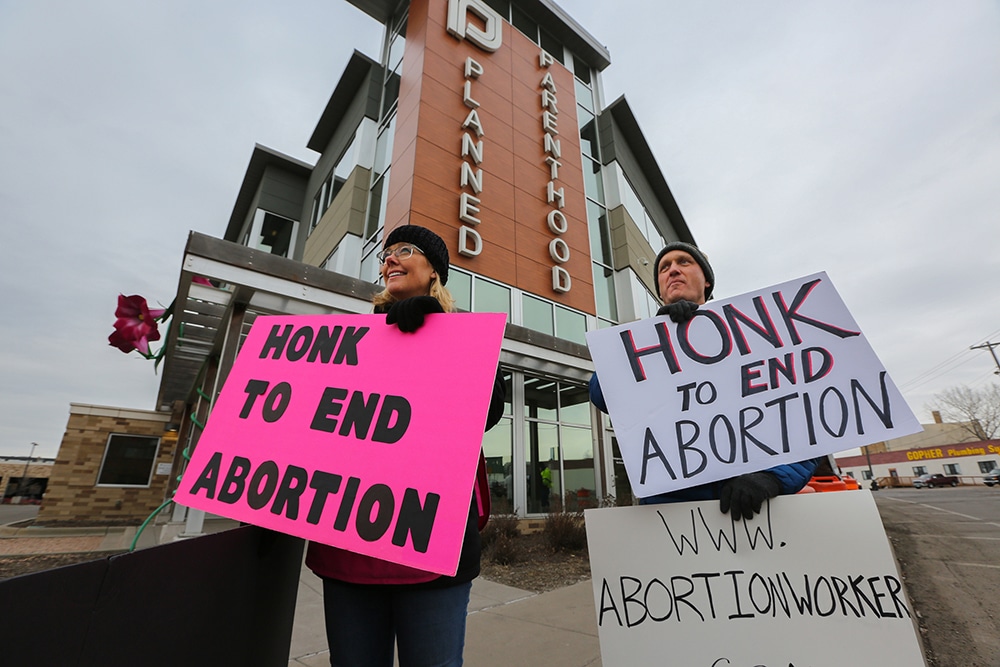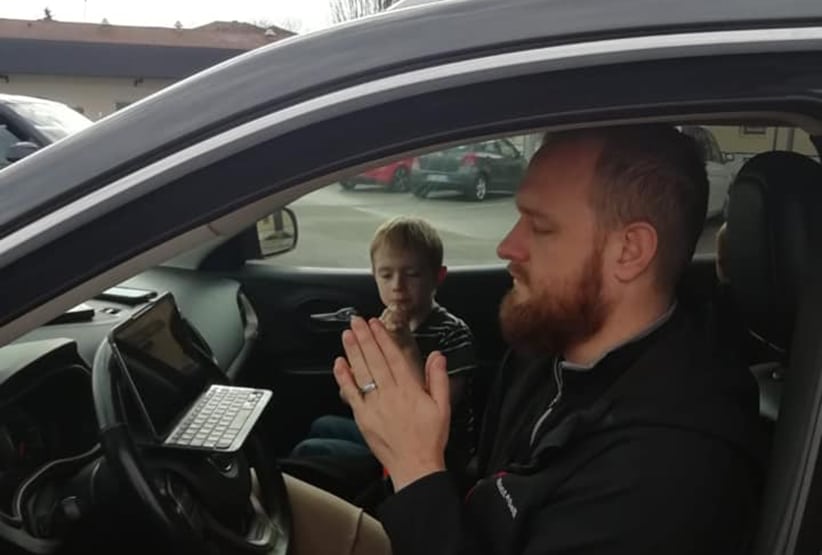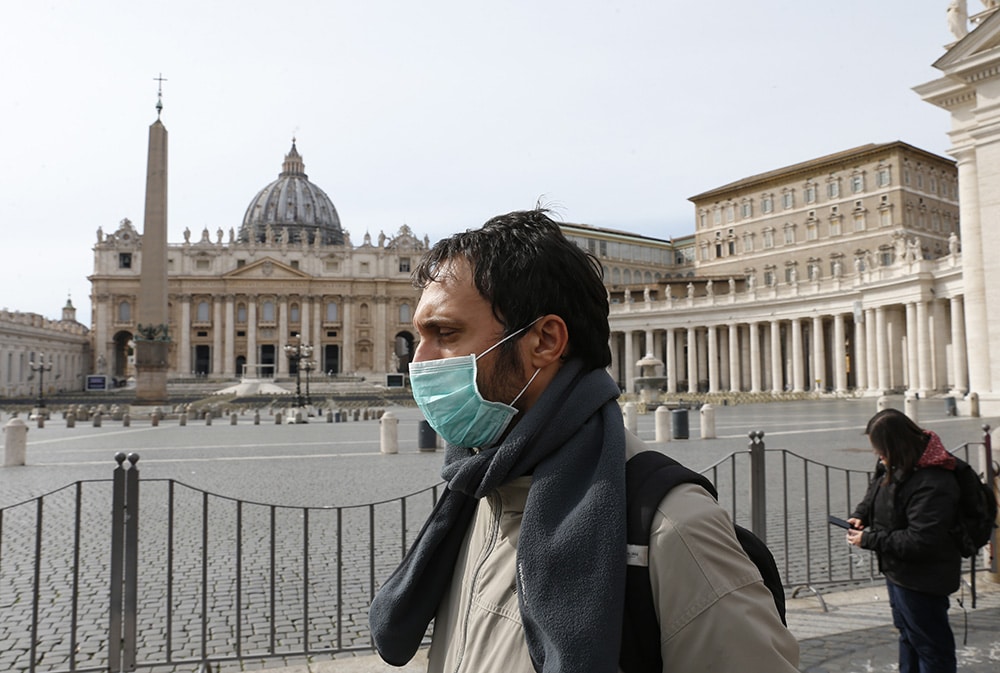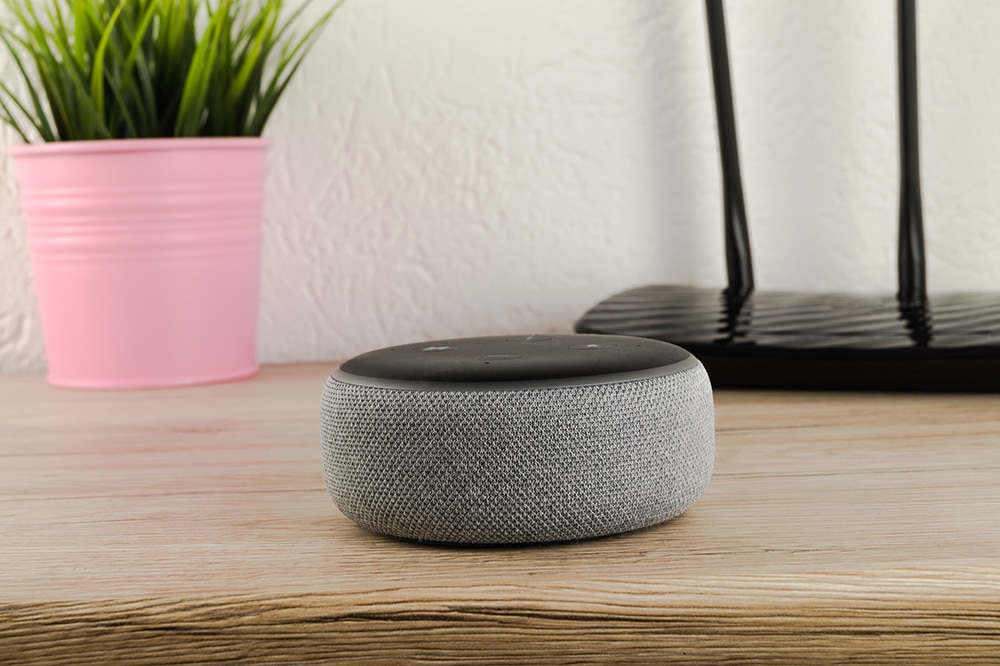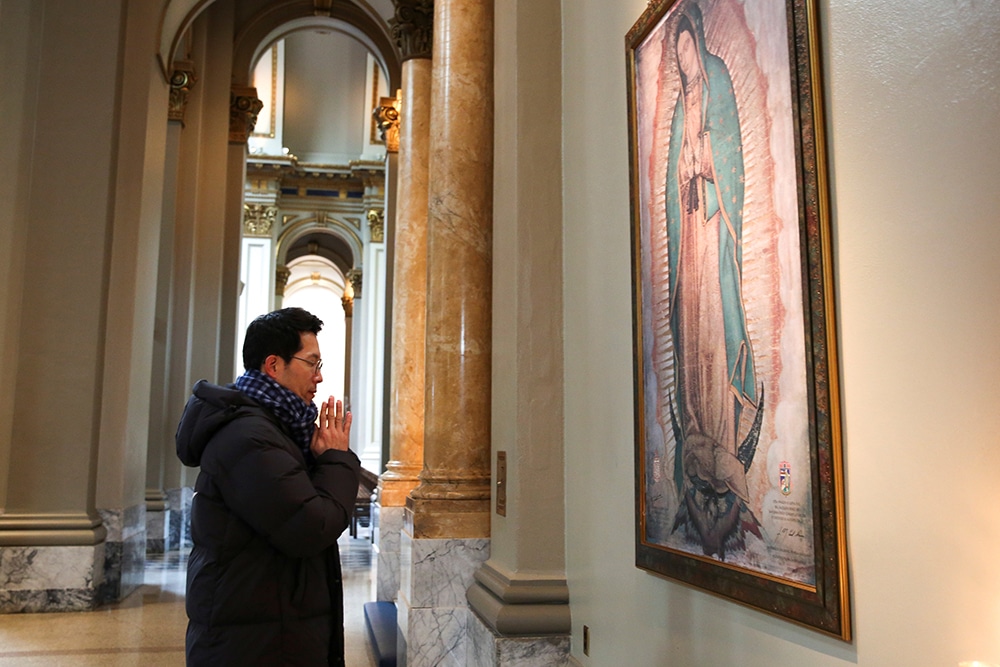WASHINGTON (CNS) — In response to the coronavirus, a Catholic virtual health website, MyCatholicDoctor, has dedicated part of its site just to the virus and the disease it causes, COVID-19.
The site, essentially a virtual medical practice which launched last year with more than 40 medical professionals, has an on-call infection control officer available as well as a COVID-19 readiness team.
“Preventing the spread of illness is fundamental to promoting a culture of life,” the group said in an announcement about its current emphasis on the coronavirus, available at https://mycatholicdoctor.com/coronavirus.
The website offers video visits and care for those who are ill, emphasizing that this type of virtual health care not only improves access to care but also prevents spread of the virus since patients are seen at home.
The website offers health tips to guard against the virus such as: avoiding unnecessary travel and congregating in group settings, as well as keeping a “social distance” of 6 feet away from people while in public. It also emphasizes the need to be diligent about hand hygiene and about coughing or sneezing in one’s elbow.
As part of its faith emphasis, the site also urges people to pray for those who are sick or worried about the coronavirus and for health care workers.
“Telehealth is ideal for the initial screening of patients with respiratory conditions that are common in COVID-19,” said Dr. Kathleen Berchelmann, chief medical officer at MyCatholicDoctor.
“Our board-certified telehealth providers are trained to screen patients, assign risk, answer questions, prescribe medications, and recommend the next steps a patient should take. For most patients, we can help the patient heal at home,” she said.
And when necessary, the virtual health group also can facilitate a transfer for someone to receive in-person care.
In an interview last year, Berchelmann said she was most interested in the virtual health model because she felt it would fill a gap in U.S. health care.
“Many times, there’s a geographical barrier between the people who desire Catholic health care services and the people who are trained and experienced in providing this kind of care,” she told The Catholic Spirit, newspaper of the Diocese of Metuchen, New Jersey.
In addition to having access to health care professionals who practice medicine from a Catholic perspective, MyCatholicDoctor is fundamentally different from the typical telemedicine model where patients dial into a call center, speak to the next-available doctor, and rarely connect with them again.
“That’s not who we are,” said Berchelmann, who said the site offers a more personal approach and a deeper connection with patients.
As for what to expect of a MyCatholicDoctor appointment, health care providers meet with patients through video conferencing, via smartphone, tablet or computer. Medical records can be reviewed online and imaging, blood tests and prescriptions can be ordered remotely.
If in-person visits or surgical care are deemed necessary, patients are referred to a local physician that practices with Catholic principles in mind.
MyCatholicDoctor is accepted by most insurance companies as an out-of-network provider, and it is becoming in-network for most major insurance providers.

